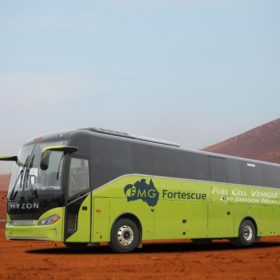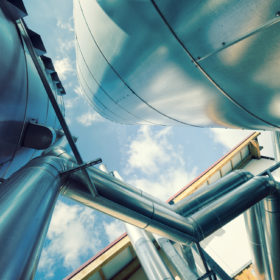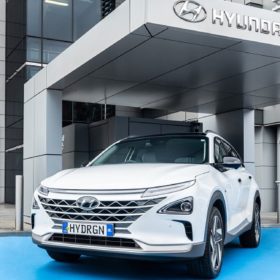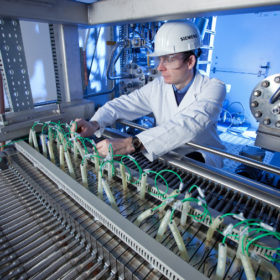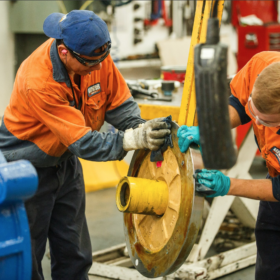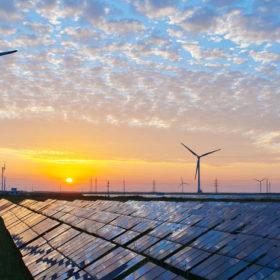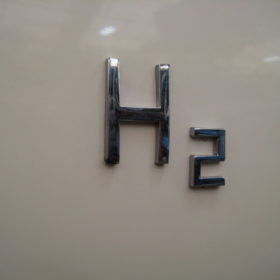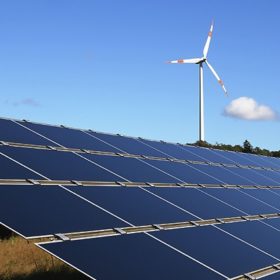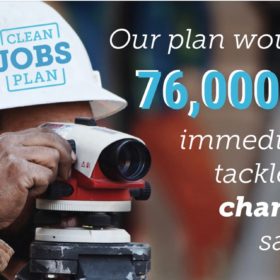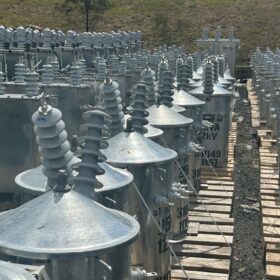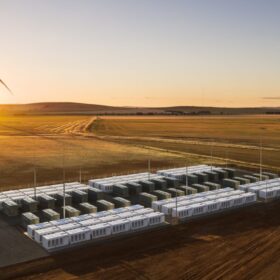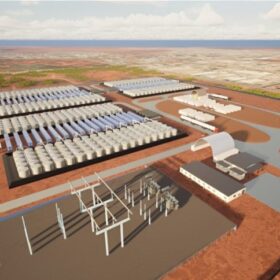WA Recovery Plan commits $22 million toward green hydrogen initiatives
Western Australia’s Recovery Plan continues to grow greenery as more renewable aspects of the state’s stimulus package come to light, specifically solar light that is. The state government has committed $22 million toward nine green hydrogen initiatives across the state, while also bringing forward its Renewable Hydrogen Strategy targets a decade and topping up the green hydrogen fund.
Australia’s largest green hydrogen trial gets go-ahead
The NSW Government has approved the development of the state’s first hydrogen gas facility at Horsley Park. The Western Sydney Green Gas Project will power local homes and businesses and supply hydrogen-powered vehicles.
Hyundai, Jemena sign green hydrogen refueling deal
Gas utility Jemena has committed to produce and deliver hydrogen gas to Hyundai’s Macquarie Park headquarters from early 2021.
Low-cost, durable catalyst for hydrogen production
Researchers from India’s Centre for Nano and Soft Matter Sciences have developed a coordination polymer-based catalyst for hydrogen production that exhibits exceptionally high durability for 70 hours at a high current density of −300 mA/ cm2.
Engie renewable PPA starts greening Australia’s mining-industry supply chain
Weir Minerals Australia, a supplier of engineered solutions to the mining industry, has achieved electricity price stability and savings, and taken a first big leap towards sustainability with the signing of an innovative power purchase agreement with energy provider Engie.
CEFC to shift focus from renewables to grid, hydrogen projects
The Australian government’s green bank intends to move beyond solar and wind investment over the coming year and put its capital to work in the nascent green hydrogen industry and grid projects.
CSIRO report shows flightpath to hydrogen fuelled commercial aviation
With the disruption of Covid-19 highlighting the climatic impact of the aviation industry, a recent report from the CSIRO funded by Boeing shows that hydrogen fuel’s technological momentum could see clean hydrogen used in airports by as early as 2025, and a full transition from conventional jet fuel by 2050.
Australia adopts international standards to shape its hydrogen future
Eight international standards have been adopted to facilitate safe use, transport and trade of hydrogen across Australia.
Australia’s renewables pipeline continues to grow at record speed led by solar PV
The Australian renewables sector was not immune to a host of challenges that marked the first half of the year, but the pipeline of renewable energy projects in the country reached new heights. While new construction dipped to a four-year low and financial close remained out of reach for a great number of projects, the second half of the year is looking more positive, according to Norwegian consultancy Rystad Energy.
New modelling highlights clean jobs potential for economic recovery
New economic modelling from Accenture’s AlphaBeta has found 76,000 clean jobs just waiting to be created over the next three years if a green recovery from the twin recoveries from the Black Summer Bushfires and Covid-19 were implemented. The Plan, commissioned by the Climate Council, breaks down potential jobs in the hardest hit regions and occupations.
